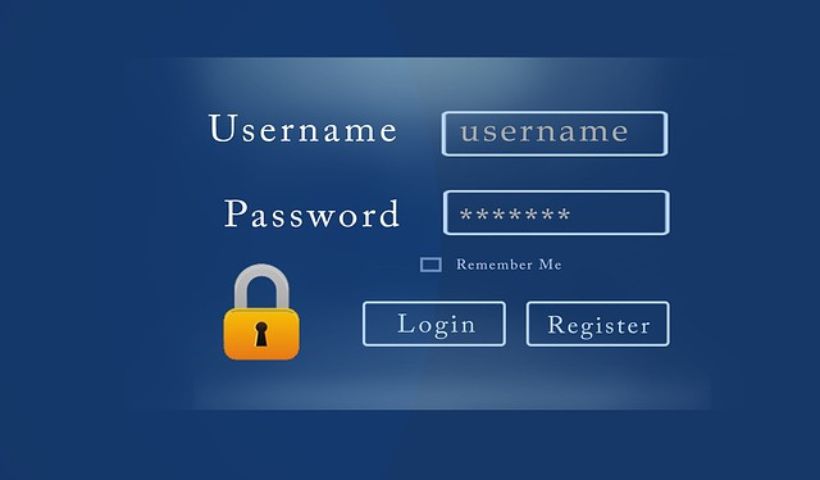Passwords : Messaging, social networks, banks, administrations and online shops, networks and business applications the security of access to all these daily services is now essentially based on passwords. Faced with their profusion, the temptation is strong to have too simple a management. Such a practice would be dangerous, because it would considerably increase the risks of compromising the security of your access.
Use A Different Password For Each Service
So in case of loss or theft of one of your passwords, only the service concerned will be vulnerable. Otherwise, all services for which you use the same compromised password would be hackable.
Use A Sufficiently Long And Complex Password
A popular attack technique, called “brute force”, consists of trying all possible combinations of characters until the correct password is found. Carried out by computers, these attacks can test tens of thousands of combinations per second.
To prevent this type of attack, it is accepted that a good password must contain at least 12 characters mixing upper and lower case letters, numbers and special characters.
Use An Unguessable Password
Another attack technique used by hackers is to try to “guess” your password. Avoid using personal information in your passwords that could be easily found (on social networks, for example), such as your child’s first name, a birthday or your favorite music group.
Also avoid simple logical sequences like 123456, azerty, abcdef which are among the most common password lists and which are the first combinations that cybercriminals will try to try to break into your accounts.
Use A Password Manager
It is humanly impossible to remember the dozens of long and complex passwords that everyone uses daily. However, do not make the mistake of writing them down on a sticky note that you leave near your equipment, nor of writing them down in your mailbox or in an unprotected file on your computer, or even in your mobile phone to which a cybercriminal could gain access. Learn how to use a secure password manager that will take care of it for you, so that you no longer have to remember the only password that allows access to it.
Change Your Password At The Slightest Suspicion
You have doubts about the security of one of your accounts or you hear that an organization or company with which you have an account has been hacked. Don’t wait to find out if it’s true or not. Change the affected password immediately before it falls into the wrong hands.
Never Share Your Passwords With A Third Party
Your password must remain secret. No serious company or organization will ever ask you to give them your password by email or phone. Even for “maintenance” or “computer troubleshooting”. If you are asked for your password, consider that you are facing a hacking or scam attempt.
Don’t Use Your Passwords On A Shared Computer
Free access computers that you can use in hotels, internet cafes and other public places can be booby-trapped and your passwords can be picked up by a criminal. If you are forced to use a shared computer or one that is not yours, use the browser’s “private browsing” mode, which avoids leaving too many computer traces, be sure to close your sessions after use and never save your passwords in the browser.
Also Read




